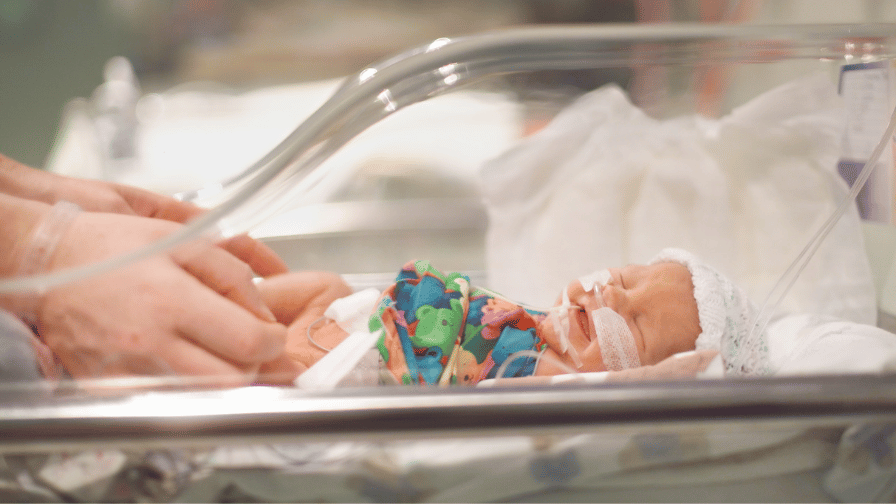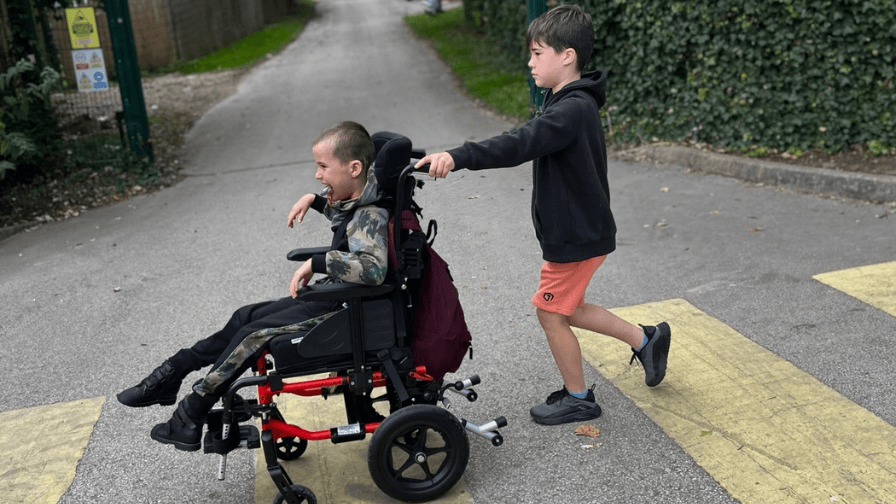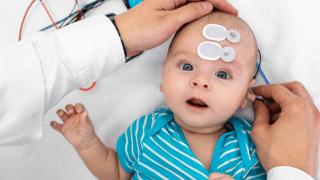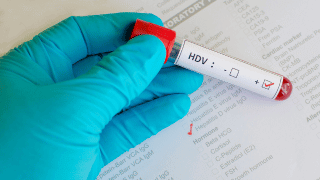
What is CMV?
CMV or cytomegalovirus (si-to-MEG-alo-vi-rus) is a common virus that is harmless to most people but can be dangerous to unborn babies.
If you have or catch CMV when you are pregnant there is a very small chance that you can develop a CMV infection, which you may pass to your unborn baby.

CMV and pregnancy
When a baby is born with a CMV infection, it's known as congenital CMV. Congenital describes a condition that the baby is born with that they developed in the womb.
It is estimated that 2–3 babies will be affected by CMV every day in the UK, almost 1,000 babies a year.

1 in 5 will develop permanent long-term problems due to the infection.
These may include:
- seizures (fits), epilepsy
- hearing problems in 1 or both ears
- problems with the eyes
- problems with the liver and spleen
- Cerebral palsy
- ADHD
- behavioural and learning difficulties

Research
There is currently no cure for CMV and early detection and prompt treatment is essential to help improve outcomes.
With Action funding, Professor Vincent Teng of Swansea University have tested a new low-cost device that could screen newborn babies for CMV at the bedside and provide rapid results.
The availability of an accurate, easy-to-use screening tool would allow the early detection of CMV in more babies, enabling timely treatment to help limit long-term disability.
Devastatingly, 5 out of every 1,000 babies born with CMV will die at birth or within their first year of life.

25% of child hearing loss is caused by CMV infection.
CMV is one of the leading causes of non-genetical hearing loss amongst other long-term complications following birth and is more common than Down’s Syndrome, Spina Bifida, Toxoplasmosis and Listeriosis.
Early detection of CMV is essential to start antiviral treatment before the baby is four weeks old. This may help to stop hearing loss from getting worse.


